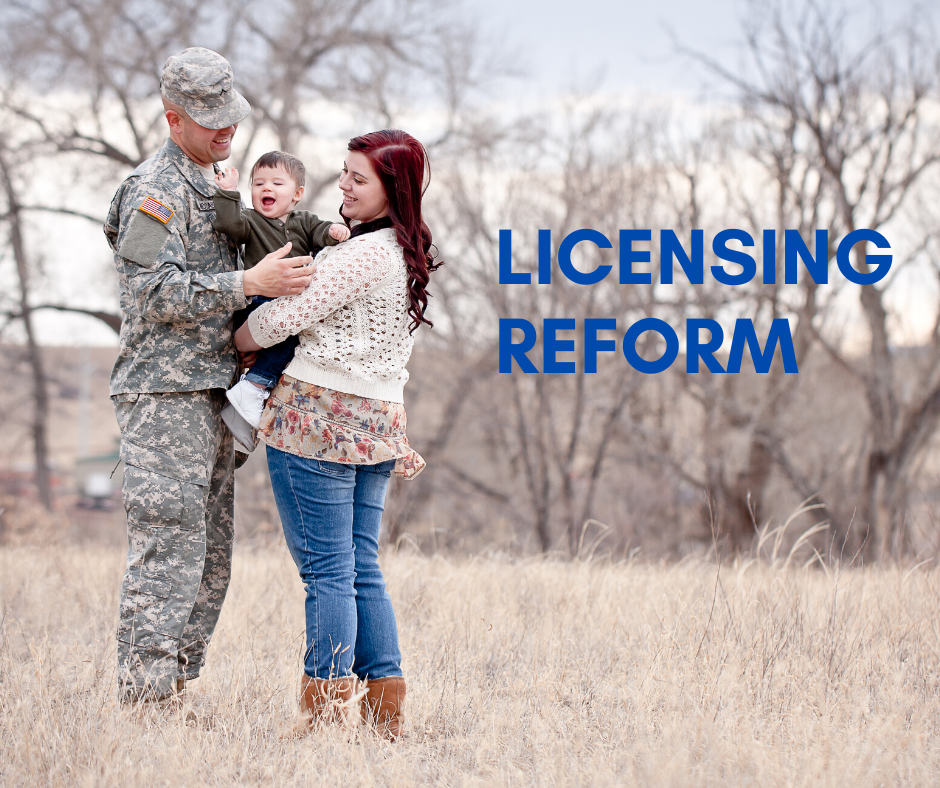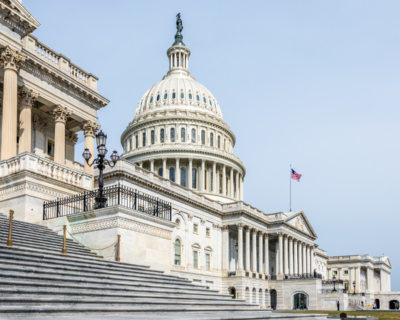
Military Families Face Obstacles to Work in Louisiana
Military families relocating to Louisiana are facing needless obstacles to work due to government red tape known as occupational licenses.
Occupational licenses are permission slips from the government in order to work in certain professions. To obtain a license, workers often must take hundreds of hours of classes and pay thousands of dollars in fees to a state. In addition to having one of the most burdensome occupational licensing regimes in the country, Louisiana also doesn’t allow for state reciprocity, which is the ability to use licenses earned in other states to work the same job here.
For example, if you obtain an occupational license to be a barber in Mississippi, you still have to go through the rigorous Louisiana requirements to cut hair in the state. This practice is especially harmful to military families, as they’re often required to move to a new state on short notice.
Louisiana can do better for its military families. Fortunately, a recent bill filed by Representative Chuck Owen would fix this issue and lift the burden off our servicemen and women’s families.
This legislation would allow military spouses and dependents with an occupational license in another state to practice in Louisiana, as long as their license is currently in good standing. This would both protect Louisianans and remove barriers to jobs and opportunity for military families.
Arizona has a law similar to the one being proposed in Louisiana. Since going into effect, over 750 people have used it to avoid jumping through extra hoops and paying more fees to obtain an occupational license. There is no reason Louisiana shouldn’t extend the same program to the families of those who sacrifice so much to keep us free.
For far too long, Louisiana has placed countless unnecessary barriers on those who simply want access to jobs and opportunity to support their families. Rep. Owen’s legislation can help remove one of those hurdles and get Louisiana moving in the right direction.
If you want to learn more about occupational licensing laws and state reciprocity, click here.



